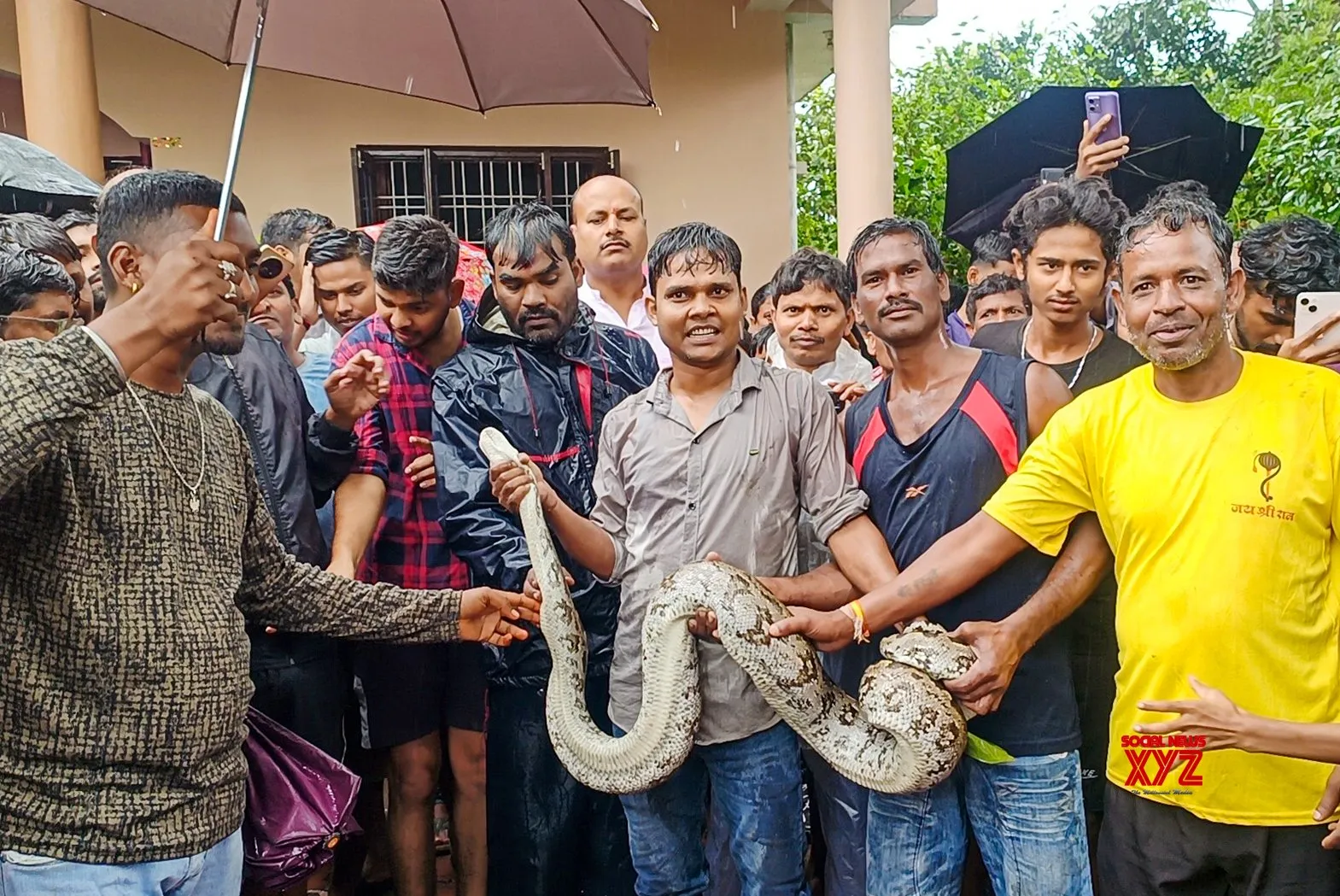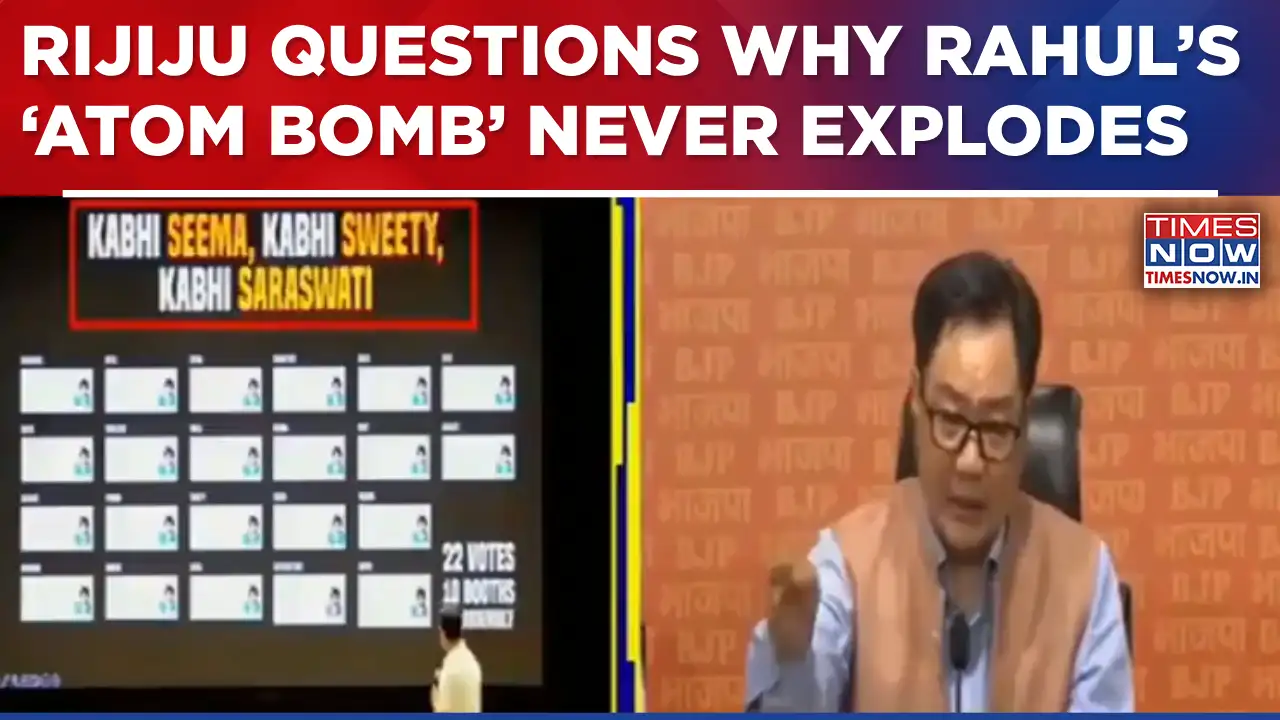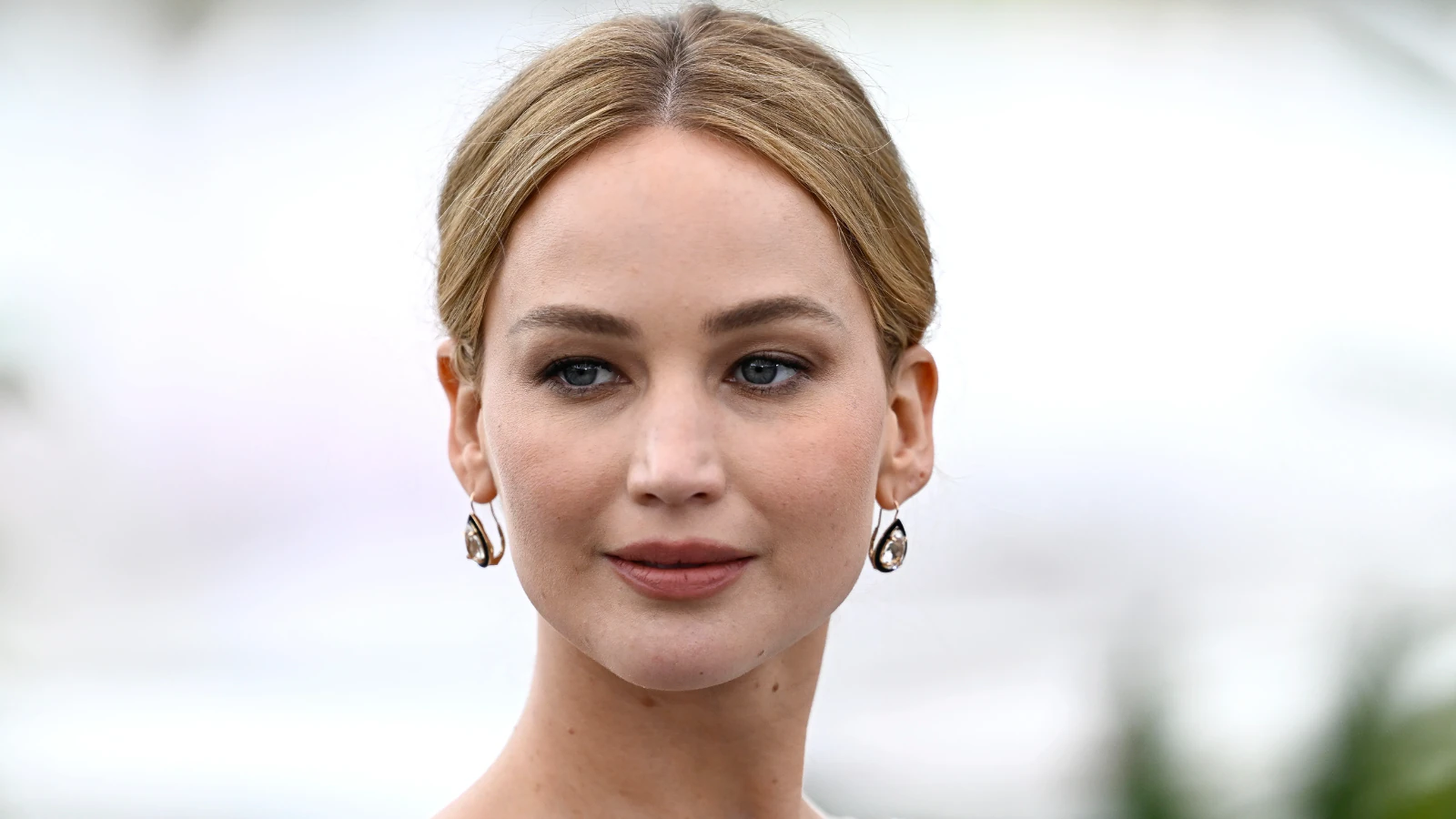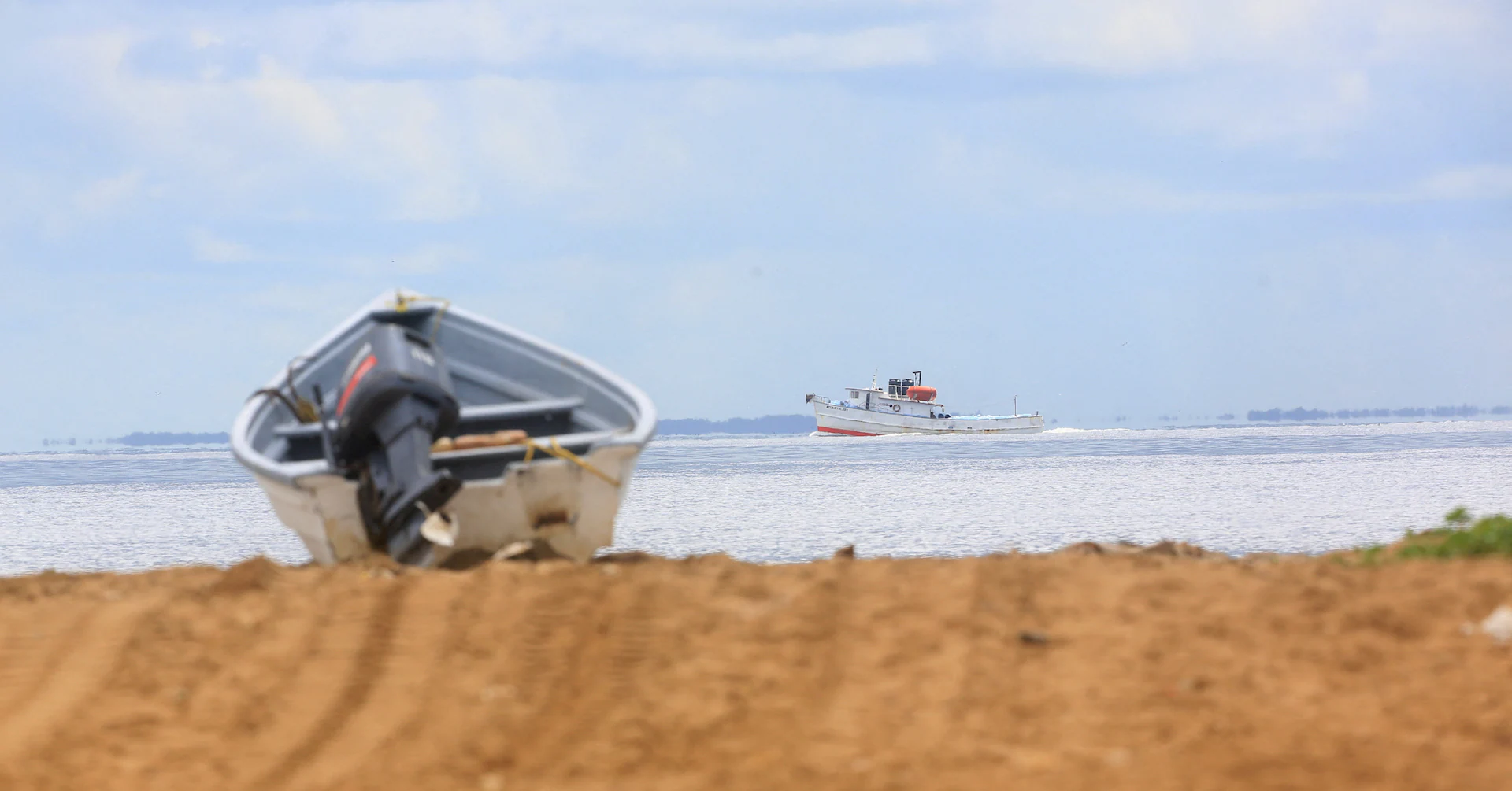Copyright The Boston Globe
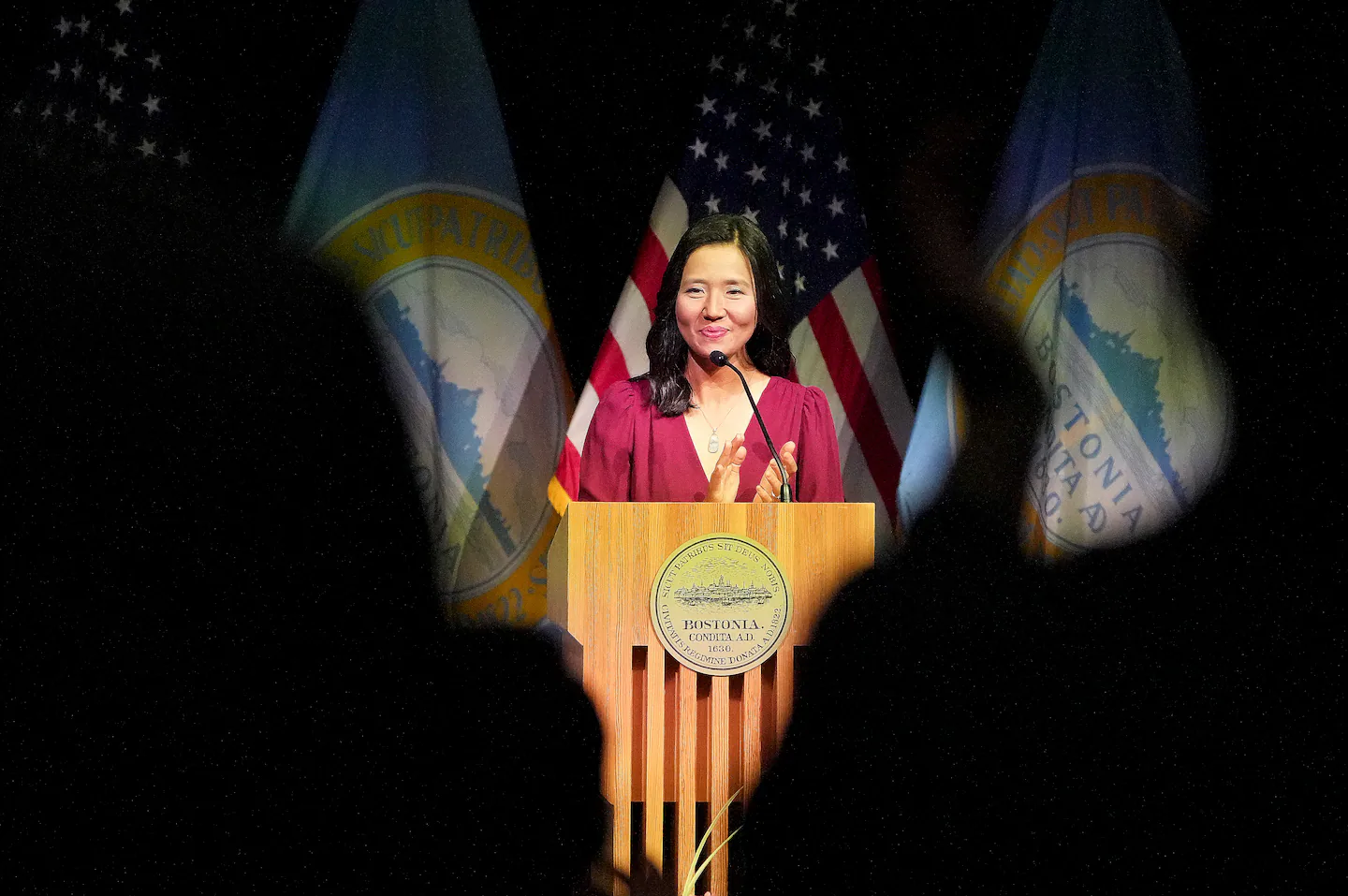
Four years ago Wu ran for office on lofty promises to reshape the city’s development process, enact a municipal Green New Deal, and lower costs for residents by pushing for fare-free public transit and rent control. Today, many of those ambitious progressive promises remain incomplete. But Wu — a fixture on the campaign trail this year, along with her third child, 10-month-old baby Mira — remained enduringly popular among Boston voters, who’ve praised her for pushing back against a Trump administration that has taken aim at bright-blue Boston. Her combative appearance in March before a GOP-led congressional committee examining so-called “sanctuary cities” catapulted Wu into the national political spotlight, earning her plaudits from Democrats nationwide. Wu rode a wave of good will among voters to win 72 percent of the vote in Boston’s September preliminary election, an intimidating performance that led rival Josh Kraft to drop out days later. With her own victory assured, Wu spent the past two months stumping for like-minded candidate for Boston City Council who could help advance her agenda in her second term. The results from Tuesday — which were still trickling in — were expected to offer an indication of just how long Wu’s coattails run. Meanwhile, voters just outside Boston city limits were weighing hot-button issues and multi-million dollar budget overrides. Somerville voters on Tuesday were set to elect a new mayor, while their counterparts in Cambridge could reshape the city council and Brockton was set to elect a person of color mayor for the first time. In Everett, often-embattled incumbent Carlo DeMaria was seeking a seventh-term. In a sleepy off-year election, the big question in the city and across the state was how many voters would show up to vote at all. “A lot of the people who would have showed up for the mayoral race, and probably not done a lot of research on the [Boston] City Council races, are probably not going to show up anymore,” said Justin de Benedictis-Kessner, a professor at the Harvard Kennedy School of Government who studies local politics. In Boston, as of 6 p.m., about 84,000 voters had cast ballots, a turnout of just under 20 percent. Secretary of State William F. Galvin predicted Monday that turnout in the city was unlikely to exceed 100,000 — less than a quarter of registered voters. “You have a mayoral contest that isn’t a contest anymore, and then you have a number of the districts that have no contests, or are very lightly contested, so there’s not a lot of incentive for people to come out,” Galvin told the Globe. “It’s going to be very much determined by the pull-out-the-vote effort of the campaigns.” Many of those get-out-the-vote efforts were coming from Wu’s campaign. The mayor has maintained high approval ratings, even as large shares of voters complain of high housing costs, transit woes, and beleaguered city schools. Globe interviews with dozens of Bostonians this year showed that some don’t blame her for the city’s problems, or believe she is doing her best to address them despite steep obstacles. At her polling place in the South End on Tuesday, 46-year-old Sarah Pingree acknowledged that this year’s contest was not “a very exciting election to vote in.” “But I still believe it matters,” said Pingree, who brought her dog, a Bernese named Clarence, to the polls with her. “The system only works if we all participate in it.” As for who Pingree’s vote went to: That was Wu, she said. “I like that she’s sticking up to President Trump,” she said. Wu brought that influence to bear down ballot, in closely watched races for City Council, most notably the hotly contested at-large race, in which eight candidates were seeking four seats. Wu has said she voted for three candidates in the September preliminary: Council President Ruthzee Louijeune, challenger Alexandra Valdez, and Councilor Henry Santana, a first-term Wu ally who is seen as the most vulnerable incumbent. Wu hit the trails for Santana, and a Wu-aligned PAC, dubbed “Bold Boston,” had transferred $175,000 to another super PAC, which in turn spent more than $100,000 to support Santana’s campaign as of Monday. “She’s got as much invested in these City Council races as she does in her own,” said Mary Anne Marsh, a Democratic operative, said of Wu. “The composition of the City Council will determine how much she can get done.” Perhaps Santana’s closest challenger was Frank Baker, a former city councilor and vocal Wu critic who was seeking to return to the body in an at-large role after giving up his Dorchester-based council post two years ago. The at-large race became something of a proxy battle between Wu and a former Boston mayor: Martin J. Walsh, a political rival who held the role for seven years before her. Walsh backed Baker, and in the final sprint to Election Day, a super PAC with ties to Walsh had spent at least $80,000 on radio, digital ads, and mail in support of the former councilor and incumbent councilor Erin Murphy, another Wu critic. Wu did not get directly involved in the only open seat for council, the Roxbury-based District 7 race. But even there, candidates defined themselves in relation to the mayor, at least in part. At a recent candidate forum, Miniard Culpepper and Said Ahmed both committed to being an “independent” voice for their constituents, when asked how they would approach working with Wu. Ahmed indicated he would be inclined to collaborate with her. “We have to be aligned with our mayor,” Ahmed said. “You cannot be out there trying to fight with the mayor.” Culpepper, for his part, emphasized an issue where he disagrees with the mayor, saying he would fight her administration’s efforts to install a center-running bus lane on Blue Hill Avenue. Even with some hotly contested races, the overall bent of the progressive council was unlikely to shift much with Tuesday’s results. Most incumbents were expected to win reelection. Since she was first elected mayor in 2021, Wu has had success getting her agenda passed by her colleagues on City Hall’s fifth floor. Niki Griswold of the Globe staff and Globe correspondents Katarina Schmeiszer and Sadaf Tokhi contributed reporting.
